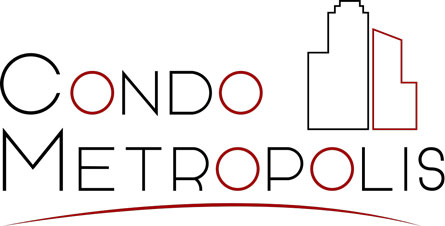-
In real estate sales, sellers are required to disclose any material fact that any prudent buyer would want to know before completing a purchase. Property located over a toxic waste dump would be an obvious example of disclosure and the need for it. There are less catastrophic issues, like roof condition or a leaking crawlspace but the idea is the same.
Anything that could negatively impact the value or marketability of the property needs to be divulged before closing. While there are usually statutory disclosure requirements of single family house sellers, these same disclosures are generally not required of homeowner association home sellers. This is a huge problem and here’s why:
Homeowner associations obligate their members to substantial financial obligations to the association and each other. So, while a buyer may purchase a condo in great condition and needing no repairs, that same buyer is also obligated to share the cost of certain repairs to all the condos, which may be in very bad condition. Since there is no specific legal requirements in most states to disclose these obligations, the buyer often finds out after closing when presented with a special assessment that can amount to many thousands of dollars.
Here’s the key to uncloaking this problem: The board of directors controls the quality and quantity of disclosure information. The responsible board treats the HOA like the business that it is and keeps certain basic information available such as:
- Governing Documents: Includes the Declaration, Bylaws, Rules & Regulations, Resolutions which are the specific obligations each member has to the association and other residents.
- Newsletters: Reveal events (renovation, litigation, etc) that could indicate a possible special assessment.
- Meeting Minutes: Same as newsletter but with more specifics.
- Annual Budgets for Last 3 Years: Could reveal expense trends and failure to adjust for inflation.
- Financial Reports: Monthly reports comparing actual expenses to budget should be available to track income and expenses.
- Collection Activity: How much of the assessments are overdue 30, 60 or 90 days? If some don’t pay, guess who gets to?
- Litigation Activity: Are there any pending lawsuits that could trigger a special assessment?
- Reserve Study: A 30 year plan for association maintained components like roofs, painting, paving, etc. This is the biggest time bomb in the many homeowner associations that lack one. Failure to plan for predictable long range expenses often mirrors a lack of ongoing maintenance which causes spiraling property values.
- Key Contact Information: How to contact the board and manager.
This list of items is the same information that any informed buyer would want.
It’s the board’s responsibility to make it available to owners so they, in turn, can provide proper disclosure to their buyers. If buyers are informed of their responsibilities, they will make better neighbors. Does the association really want members that don’t care how association business is handled? Is your board prepared to lift the veil of on disclosure?
For more information on HOA/COA issues, contact us here at Condo Metropolis.
(407) 901-5161
Orlando Property Enterprises | All rights reserved
